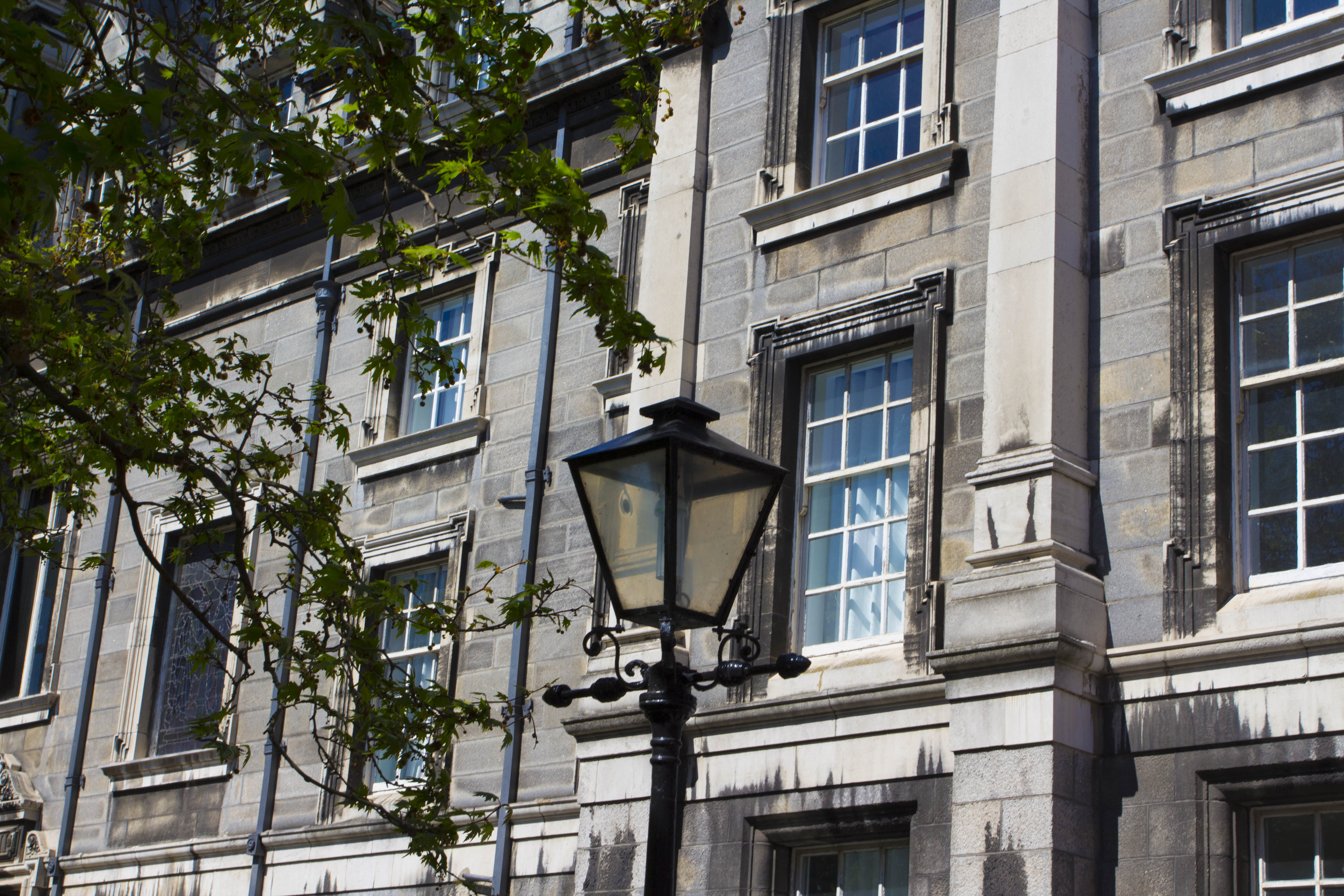Trinity’s societies often face criticism for being “cliquey” or “exclusive”, and that statement is taken even further in the case of students with mobility issues and access requirements. For many, societies are a very important part of college life, often equally valued with the academic side. Unfortunately, the majority of Trinity’s society events are inaccessible to students with mobility issues due to their location in venues up stairs or without wheelchair access.
House Six, the heart of Trinity’s student life, is one of the most wheelchair-unfriendly buildings on campus. Not only does it house the Students’ Union, but also the majority of societies and the Central Societies Committee are based there. By not being able to attend the events in this building, I am missing out on a vital part of student life.
I don’t think it’ll be conducive to anything to call certain societies out, so I won’t name and shame, but I will state that each and every society in Trinity should pay attention and reflect on how accessible they are to their members with disabilities.
Like every other Fresher to enter this college, I spent a lot more money than I’d like to admit during Freshers’ Week joining new societies. Disappointment followed soon after, when I realised that I wouldn’t be able to attend a lot of the societies’ events because they were up stairs and in venues that were inaccessible to me.
“Not a single one of these societies is devoted to being completely accessible.”
Trinity boasts of being home to nearly 120 student societies, but not a single one of these societies is devoted to being completely accessible. In the past, a few societies have hosted accessible coffee hours in venues that are not their day-to-day society room, but this idea seems to come and go.
I used to direct my anger at this solely towards the student-run societies, but I have come to understand that it is the College administration that lies at the root of the issue.
Trinity fails to provide an ample amount of event and society space that is accessible to those with mobility issues. This is only scratching the surface when you consider that somewhat accessible spaces do exist, but they are often rendered inaccessible if the lift breaks down. Lifts breaking down in Trinity and repeatedly brought back to functioning status, instead of being replaced, is a far too common occurrence for the College to argue that they do their utmost for students with access requirements.
The lift that sits outside of the Graduates Memorial Building (GMB) is a perfect example of this. During my years in college, the lift has malfunctioned more times than I can count, leaving me unable to go to events or sometimes even stuck inside the GMB.
“Lifts breaking down in Trinity is a far too common occurrence.”
Thanks to this lift, when it chooses to work, I’ve been able to access the first floor of the GMB. I hung around in the Phil Conversation room a lot in my first and second year, and I took part in a handful of debates in the chamber. As my friendships with people on the Phil committee blossomed, I felt more comfortable accepting their offers to carry me up the stairs to the rest of the GMB.
I don’t mean to sound ungrateful to the people who graciously offer to carry me up the many flights of stairs, I just wish that I could go to the events or society rooms of my own accord. Relying on the kindness of others and when they are free to carry me up or down the stairs is not how I want to live, instead, it makes me want to stay at home, a place that I know is wheelchair accessible.
I’m endlessly thankful to the friends I made in the Phil. They truly enriched my college experience and offered me lots of exciting experiences that I wouldn’t have had without their kindness. However, I shouldn’t have to rely on fellow students. It is Trinity’s responsibility to ensure its students are able to enjoy all aspects of college.
“Requesting permission and being assisted are not congruent with independence.”
Speaking to other students in wheelchairs, we all agree on the fact that Trinity’s society life excludes students with access requirements. One friend has repeated issues trying to access the Seomra na Gaeilge via lift, which requires requesting permission and being assisted through the Senior Common Room. Requesting permission and being assisted are not congruent with independence. Having to request permission and assistance to access makes me more inclined to just not bother, rather than go through the whole rigmarole just to go to a coffee hour or a film screening.
Trinity, to its credit, has plans to accommodate the future students of Trinity in the new student centre, but what about the current students? To me, it seems like nothing more than a cop out for the college to disregard the current inaccessibility by saying that it will improve in the future.
It is hard to take solace in the idea of the new student centre with more accessible student spaces when I will have long since graduated by the time it comes into fruition. College needs to take action now. The process of making campus more accessible can not be pushed off further into the future.
While I am blaming the College for the root of the problem at hand, I do want to make it a point to also ask Trinity’s societies to try harder and to do what they can to facilitate events in accessible venues and accommodate students with mobility issues and access requirements.






